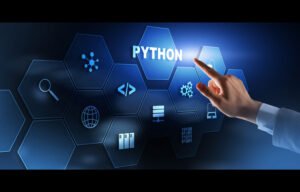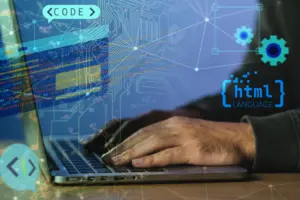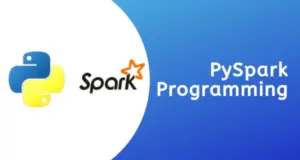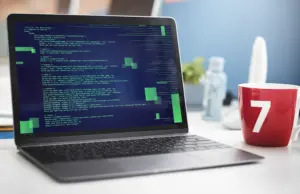The popularity of Python is such that even people from non-IT backgrounds know about it. Many big enterprises are using this programming language, and it is even small-budget start-ups friendly. Hence, learning this programming language will help you get a lucrative job or earn on your own. If you also want to learn this programming language and looking for the best way to learn python online, here we are providing the best ways to learn python quickly.
How to learn python quickly?
If you follow the below steps in your learning process, you can learn Python fast.
Know the basics
The first thing is in learning anything is knowing the fundamentals. This principle applies to Python as well. You need to understand the basic concept of python, such as object-orientated programs, learning to understand and write simple syntax, variables, data types, strings, functions, flow control statements, exceptions, classes, etc. If you become strong with your basics of python, learning the remaining concepts is easy.
Code everyday
There is no substitute for practicing. Consistent practice is the key to success. Daily practicing and coding python is the best way to learn this language quickly. You must set aside a certain amount of time in your day to code. Daily practicing will help in increasing muscle memory, and it plays a huge role in learning a programming language. Of course, this will become a daunting task for the first few days, but once you make it a habit, your learning curve will see a huge increase. So, start with coding 30 minutes a day for the first few days and gradually increase.
Write it out
Yes, you are learning a programming language, and it is the digital era, still the old school way of writing works. As you progress as a programmer, you must take a lot of notes. Many research proves that taking the notes and writing them done on a paper is more beneficial, and it remains in your mind for a longer period. This habit also helps you if you are attending interviews. In many interviews, you need to write codes on the board. So, besides searching for the best site to learn python online and taking digital classes, writing is also important.
Interact
The more you interact, the more you think about it. Hence, whether you are learning basic concepts of python such as strings, lists, etc., or debugging the code, the usage of an interactive python shell helps a lot. To use the python interactive shell, you must install python on your computer. Once you install Python, activate it and start interacting.
Take breaks
Taking breaks is essential in everything. The little breaks help to absorb your learning and again concentrate with a fresh mind. Make a habit of taking a short break in every learning session. It is recommended to learn for 25 minutes and take a short break of at least 5 minutes. Taking breaks becomes more important, especially if you are debugging.
Surround yourself with other learners
Learning python looks like an activity done alone. However, if you surround yourself with other learners, the speed you learn is high. Surrounding with others who are also exploring python will help share new ideas, clear doubts, discuss the best practices, etc. The more you discuss with others, it will help to remember for a long time.
Teach to others
The smartest way to learn python quickly is through teaching to others. Even if you are learning, there are many people who have yet to start their journey in python. Hence, find those people offline or online and start teaching. It will help you to revisit your learnings and remember for a long time. Also, the questions asked by the learners will help you research more if you are not aware of that topic. If you cannot find students, you can find them online since many people are looking to learn python online.
Contribute to the forum
One of the best advantages of Python is the large community. Here you can find solutions for numerous problems. Python is an open-source programming language, and hence source code is available to everyone. Hence, you can even contribute to the open forum. Many Python libraries are open source, and they take contributions from the public. Additionally, numerous companies publish open source projects so that you can work with the code written by professionals.






























